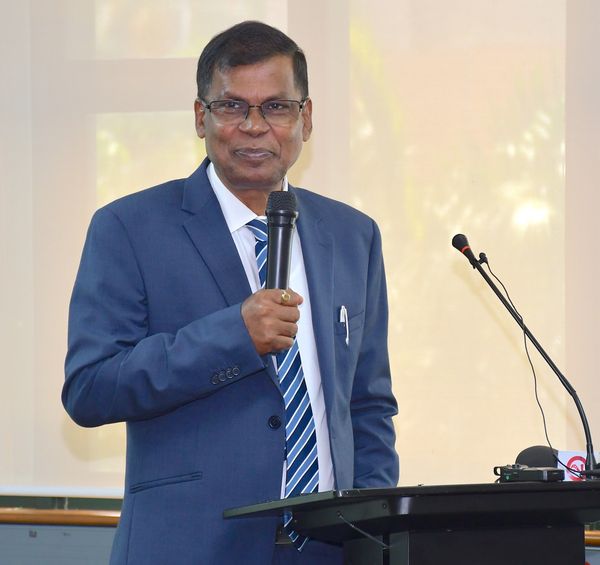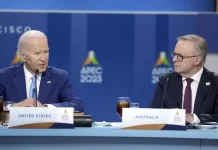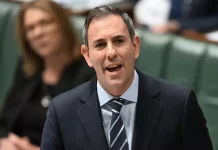Effective from 01 August there will only be two rates of Value Added Tax (VAT) says Fiji’s Finance Minister, Professor Biman Prasad.
The good news for all Fijians is that the 21 items that were zero rated will continue.
To this list of zero VAT rating, the government has added prescribed medicines as well, increasing the list to 22 items.
The items on zero VAT will include flour, rice, sugar, canned fish, cooking oil, potatoes, onion, garlic, baby milk, powdered milk, liquid milk, dhal, tea, salt, soap, soap powder, toilet paper, sanitary pads, tooth paste, kerosene, cooking gas and prescribed medicines
Prasad said the supply of all other goods and services effective from 1st August will attract a VAT rate of 15 percent.
“15 percent VAT is not new. It was payable on goods and services between 2011 and 2015 except on six basic food items, it was zero. Therefore 15 percent is not a new measure.”
Prasad said they have to make the right decisions and fully understand the expectations of the people particularly on basic food items.
He said that Fiji have to bite the bullet but in a few years, all of us will discover that it’s a magic bullet that may give Fiji short term pain, but result in long term gain.
He said these measures will generate additional VAT collection estimated at $446 million (US$223 million) for government.
Meanwhile, Prasad says the government must find a staggering $1billion (US$500 million) to service the public debt of close to $10 billion (US$5 billion) in the upcoming financial year.
He said this is almost the size of Fiji entire economy.
Prasad said they need about $536 million (US$268 million) interest to service this debt.
“We need $536 million for interest payment and another $516 million (US$258 million) for principal payment alone. In other words, one dollar in every in every four in this budget must now be spent on servicing government debt.”
The Finance Minister said nearly 25 percent of the budget this year will go towards servicing debt which remains one of the biggest challenges.
He said Government’s total expenditure is $4.3 billion (US$2.15 billion) with a projected revenue of $3.7 billion (US$1.85 billion).
Prasad said the fiscal deficit is set at $639 million (US$319.5 million) equivalent to 4.8 percent of the Gross Domestic Product.
He said this is a major reduction in the deficit as in the last four fiscal years, the average deficit has been nine percent.
Prasad said this deficit, is higher than expected and Fiji is at a critical point.
Professor Prasad says we must continue to cushion the effects this has on the ordinary people and catch up on all the years lost without critical investment in infrastructure and maintenance.
“If we do not do this, our future path of economic growth will be affected. And at the same time, we are pursuing further fiscal consolidation. That is better value spending and cost savings to ensure that we urgently bring down government debt parameters to a sustainable level. But to achieve this, we will have to swallow some bitter medicine now. Otherwise, we could end up in the worst financial situation.”
Professor Prasad said every government has to collect taxes to fund public expenditures.
He said it is a delicate task to ensure that they collect the right amount and do not overtax the economy and the people.
The Finance Minister says revenue adequacy is critical to the running of the government and it is equally important that in this process of collecting revenues, the tax system is simple, easy to administer, transparent, efficient, and equitable.
SOURCE: FBC NEWS/PACNEWS















